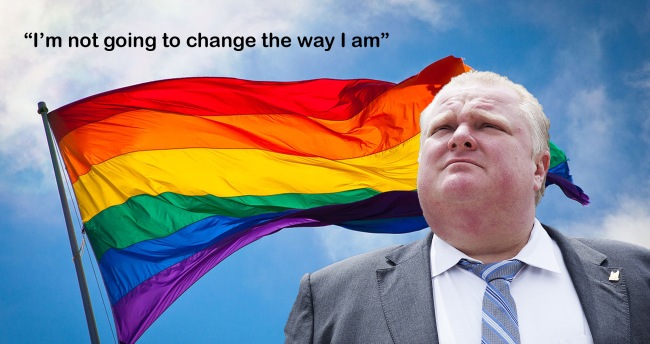Recently, allegations that were made against Woody Allen twenty-one years ago have been brought to the media’s attention. These allegations were made by Allen’s, at the time, seven year old adopted daughter Dylan Farrow who claimed to have been molested by Allen. While there was an investigation Allen was never charged. Now, after Farrow released an open letter describing her experiences as a sexual assault survivor, a major debate by the public has begun to determine whether it is believed that Allen is guilty or not.
After reading this article, I wept. It absolutely disgusted me to read how the author, Robert Weide, defended Allen. So in response I wrote an open letter to Weide:
Dear Robert Weide,
I do not care that you know Woody Allen personally. I also am not overly concerned by whether you believe he is innocent or not. What does concern me is your approach to defending Allen.
First of all, using Mia’s sexual history as evidence to discredit her, as well as her children’s’, voices is sexist and cruel. I am in an absolute outrage that you believe that because Mia allegedly “fooled around” while in a relationship with Allen, it is alright that he married her child and most likely sexually assaulted their adopted daughter. What kind of a world do we live in where a mother’s actions make a father’s, no matter how cruel or damaging, acceptable. Mia should be in no way used to forgive or dismiss the horrific crimes Woody has been accused of committing.
You claim that Allen is an ideal reflection of a humble human being. Well then, let me ask you this: if your daughter had been molested by the “down to earth” and “wonderful person” Woody is would you forgive him and just let it go?
To quote you, “Woody allegedly took Dylan into the attic an, shall we say, ‘touched her inappropriately'”. How dare you take such a serious accusation so lightly, regardless of whether it is found true or not? Why would a child make up such a story? What would be the reason to do so? And what are the repercussions of ignoring such a claim? Particularly the repercussions of letting an A-list celebrity, who influences the attitudes of many, off the hook simply because he just couldn’t have done it?
Apparently your response to my first question is that Mia Farrow used her daughter in order to win a custody battle with Allen. To even insinuate that these claims stem from Mia in order to simply win a custody battle is horrific. Do you have such a poor view of women that you believe that a mother would use her daughter’s traumatic experiences for her own personal gain? And even if she did, did you ever think that maybe Mia wanted to win the custody battle to free her children from a possibly abusive father? The claims made against Allen are simply too serious to brush off with that statement.
To even suggest, as you did, that a woman defending her child’s statement needs to “get over herself” is misogynistic beyond words. Regardless of what happened, a parent should never be condemned for protecting their child’s safety, mother or father.
You say that since the courts have found no evidence against Allen that he is guilt free. Did you ever think that the legal system in North America is absolutely spewing with injustice and bullshit such as your article? Especially when it comes to accusing an A-list celebrity of a crime that could land him in jail for the rest of his life. God forbid we never get another Woody Allen movie because the child he molested was protected and given the chance to properly recover from her trauma.
You are blaming the victim, you ignorant piece of shit. Don’t attempt to sugar coat that or make excuses for yourself. You are fuelling a sexist, oppressive, and unfair view and that makes me sick.
Many child molesters are charismatic, can pass a lie detector test, and lead “surprisingly normal lives”. Just because Allen has successfully been deemed fit to adopt an additional two children does not clear him from the accusations that he molested his daughter.
The only point of yours that I agree with is that it was somewhat inappropriate to use twitter in order to bring this incident back into life. However, in the grand scheme of things, is that even important? No, it isn’t.
I am disgusted and heartbroken to know that I live in a world where not only can a celebrity, and consequently many others in his or her position, get away with crimes so vulgar and traumatizing. Where those in a position of power defend this, and where an established and (questionably) credible source publishes these disgusting sexist opinions. My tears are not only for Dylan but also for the millions and millions of women and children who fall victim to this harsh reality every day.
I think it’s time you revised your article.
Lily Maase


